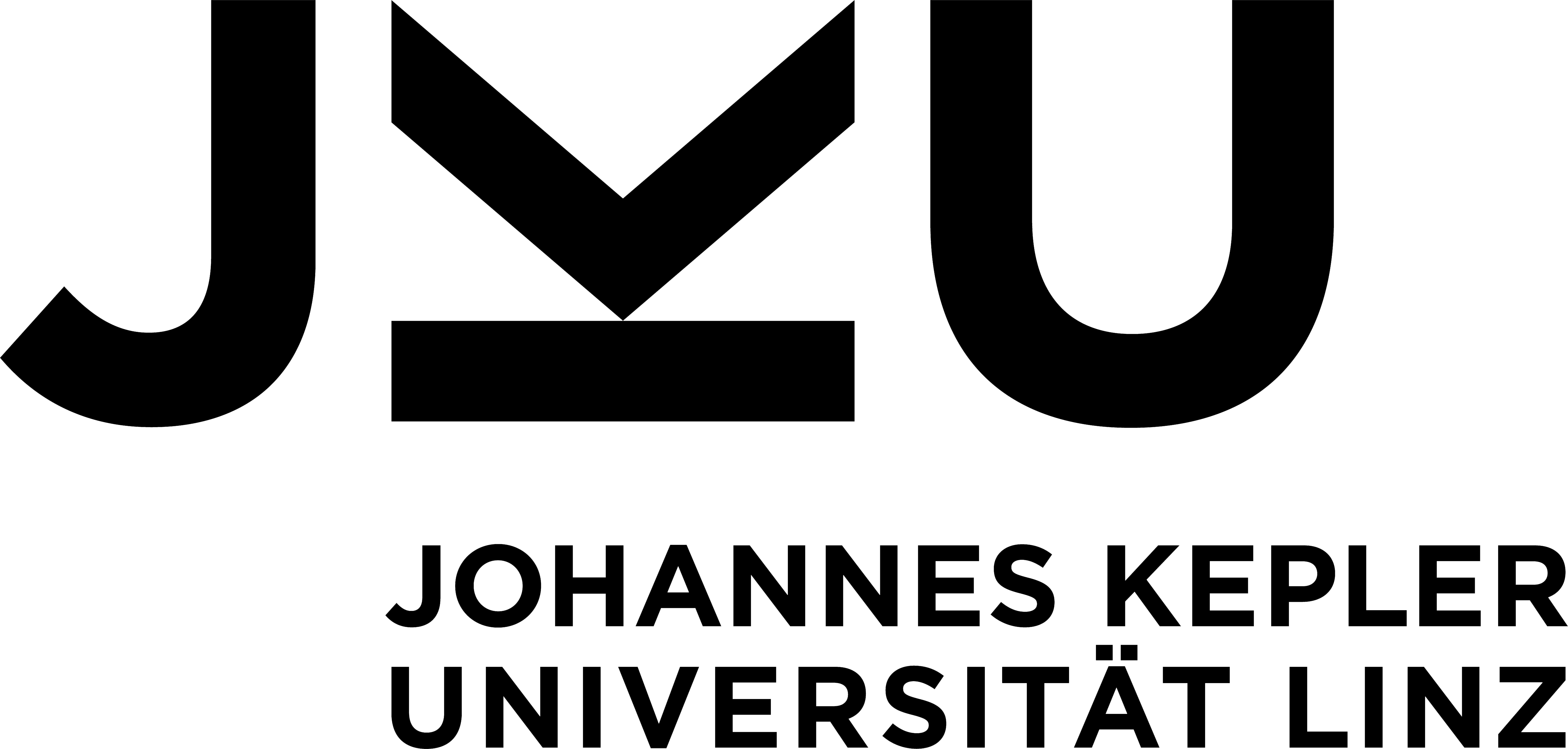Computer Science Colloquium
Dr. Dominique Archambault
INSERM U483 / INOVA, Université Pierre et Marie Curie, Paris
Multimodal Computer Games for severely visually impaired children
Thu 23.09.2004, 16:15, 60 minutesHS 13
Abstract
The mainstream commercial market for computer games and other multimedia products is extremely large and sighted children have a considerable experience of such games. Children who have a severe visual impairment or are blind do not have access to this important part of the youth culture, because these software are usually not accessible at all. Adapting existing mainstream computer is extremely valuable for various reasons: large amount of multimedia resources can be reused, visually impaired children can play with the same games than their sighted peers. Very important issues have to be adressed then: how to compensate the lack of visual information using alternative modalities, relevance of multimedia material, usability of games via (adapted games should still be considered as games by the children!). Some legal issues have to be considered too. Another way of making games accessible is to design specially adapted games. In that case it is important to ensure that sighted peers can access to these games. These issues will be illustrated with case studies. Most of the work presented here was done within the framework of the TiM project (Tactile Interactive Multimedia computer games for visually impaired children), which main goal is to offer visually impaired children the possibility to play computer games independent of the presence of a sighted person. In the context of the TiM project, a specific API was designed, called blindstation, that allows to develop easily software able to drive the specific devices. In particular a program- ming library was designed to allow transparent access to various Braille devices via a unified API and a system of driver implementing each device protocol (libbraille ). These APIs are available according to the OpenSource model. The games script are implemented with the Python language and using the objects of the blindstation. Then an XML multi-lingual stylesheet associates each object of the scenario with representations according to various modalities and eventually in various languagesBio
PhD in Computer Sciences, Dominique Archambault is an Associate Professor in the University of Le Havre, and member of the laboratory INSERM U483 (team INOVA), of the University Pierre et Marie Curie - Paris 6. He has a background in Cognitive Sciences: research projects about Natural Language Processing (information retrieval and lexical-semantic analysis), knowledge acquisition and automatic machine learning (Neuro-mimetic networks, symbolic machine learning). Since 1996 he works in the field of assistive systems for visually impaired people and joined the INSERM U483 laboratory of University Paris 6 in 1998. He focuses on projects about non visual interfaces, Web accessibility and educational tools for blind children. One of his main topics of interest is the way the computer technologies can be used as a tool for the children's development, in particular in the case of visually impaired children, with additional difficulties (troubles coming from their visual impairment or additional disabilities). He his the co-ordinator of the TIM project (IST-2000-25298) and of the Vickie Project (IST-2001-32678).Invited by a. Univ.-Prof. Dr. Klaus Miesenberger
The Computer Science Colloquium is organized by the Department of Coputer Science at JKU, the Österreichische Gesellschaft für Informatik (ÖGI) and the Österreichische Computergesellschaft (OCG).
